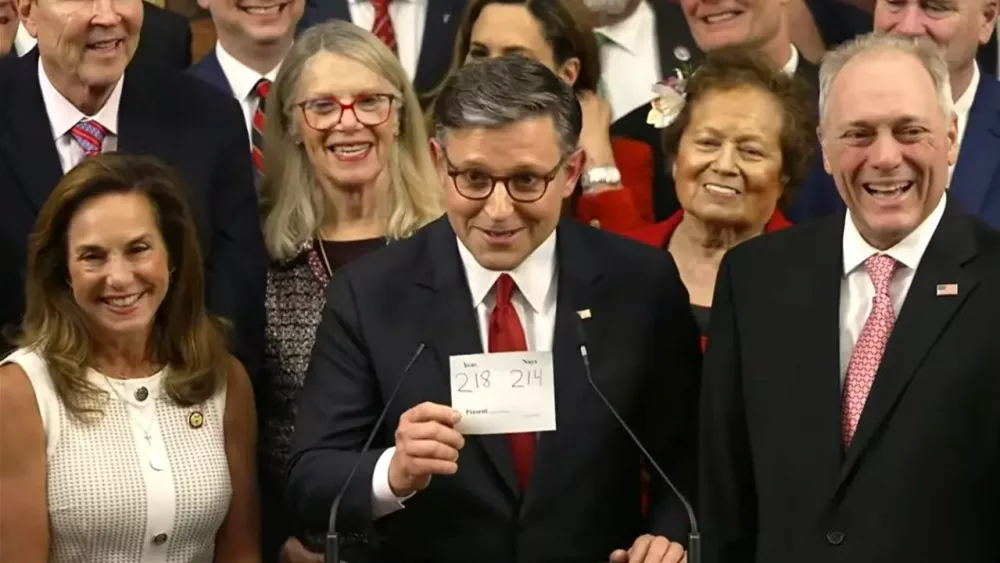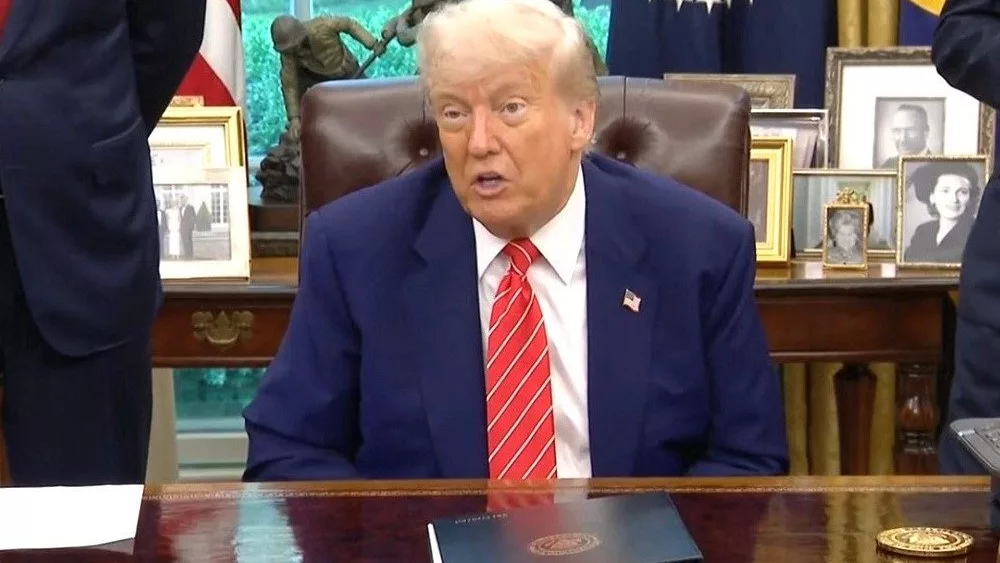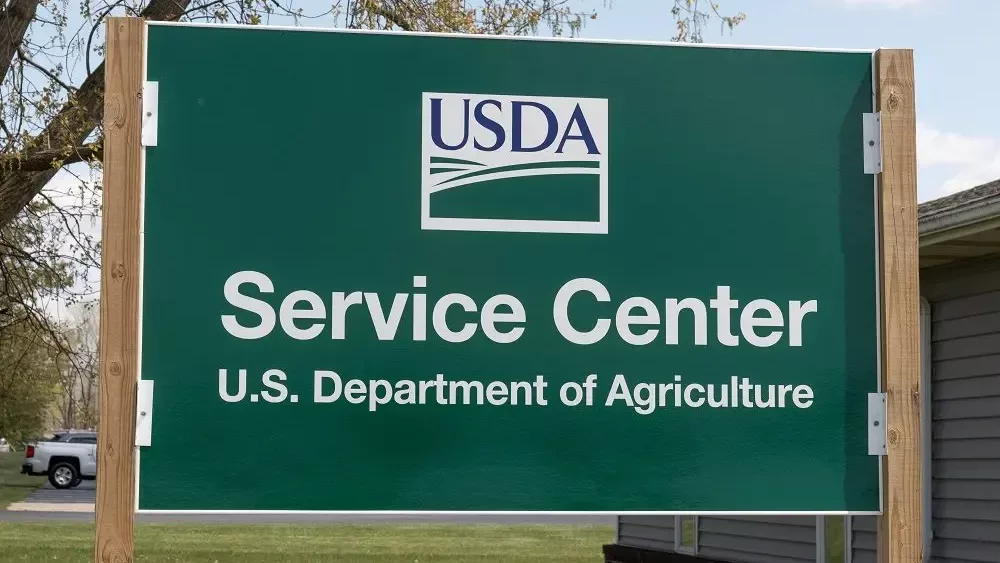History, heritage, and tradition are very important to people in agriculture. This is, in part, due to the rich history and heritage of farming and to the important role traditions play in farming operations and in preserving the culture and of rural communities. One of the strongest traditions is 4-H. The history, heritage, and tradition of 4-H was in evidence at the Indiana 4-H Foundation Scholarship Luncheon that I recently attended.
High school students shared with me how their 4-H participation has changed their lives. Maria Turner from Posey County, who is pursuing a career as a large animal veterinarian, said her passion for animals was ignited by her first trip to her county fair. Katie Stam Irk told me the 4-H projects she did while growing up in Jackson County helped prepare her to become Miss America 2009.
At the other end of the spectrum are the adult leaders. Most were 4-Hers themselves and now volunteer their time to run local clubs, judge projects, and do the thousands of little things that keep local programs running. Howard Conner of Pulaski County has been a 4-H volunteer for 50 years, with activities that ranged from running the small engine program to setting up bleachers at the county fair. Herman Monix has been involved in Lake County 4-H for 60 years and currently oversees a club that his mother started. This family tradition is common in 4-H. You don’t have to be talking with a 4-H person, youth or adult, before you will learn of the many family members, parents, grandparents, uncles, aunts, and cousins that also been involved in 4-H.
This kind of history, heritage, and tradition is rare in other sectors of our country today. With most of our society not living in rural areas or growing up in rural communities, participation in and appreciation for 4-H is lacking. National and state 4-H leaders are updating the programs that were originally created in a much different era. Today, 4-H is not just plows, sows, and cows; it is programs that deal with technology, community development, leadership, and citizenship. This trend will be vital if 4-H is going to continue.
Most people in 4-H that I have encountered have a passion for the Clover. Yet, passion and tradition will not be enough. Active support is needed to keep programing going and growing and to demonstrate to local, state, and federal officials that funding for 4-H is vital for the future of our communities and our country. As the 4-H pledge states “I pledge my hands to larger service,” and that service need to be active support.
The circle of 4-H youth to 4-H parent, to 4-H leader, to 4-H supporter must continue to ensure that our communities, both rural and urban, remain strong and that we have a new generation of leaders to guide our businesses, schools, and government, or, as the pledge puts it, “My club, my community, my country, and my world.”





